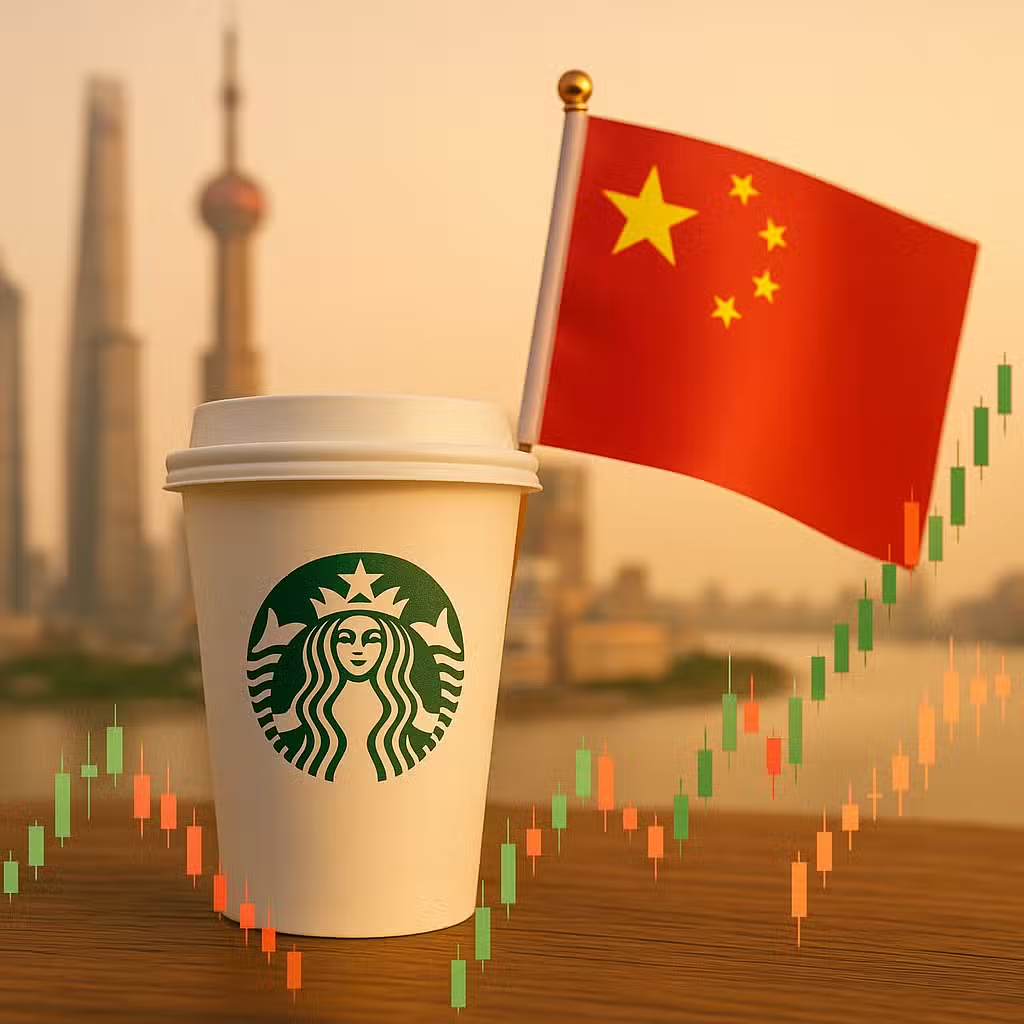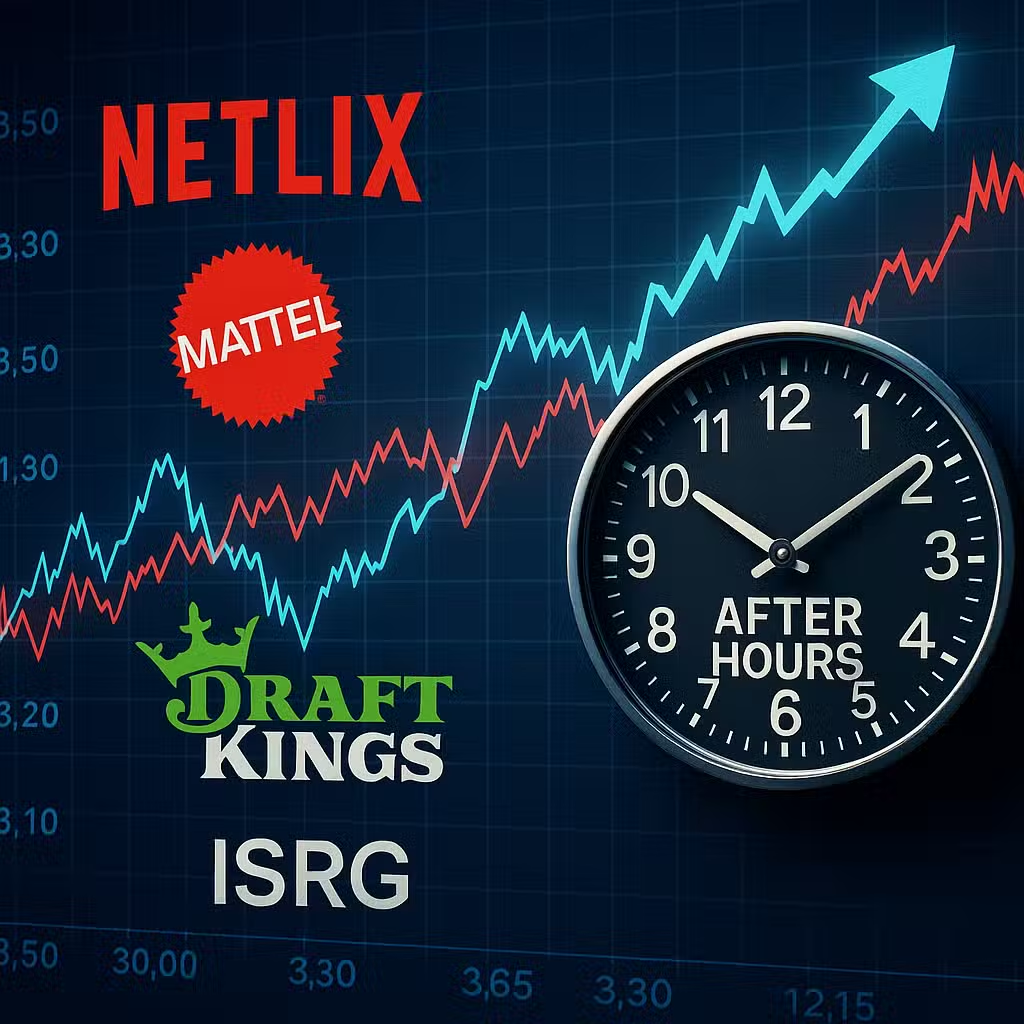Starbucks Forms China Joint Venture, Strengthening Long-Term Growth Prospects for Investors
Imagine if your favorite pizza place teamed up with a local chef to make their food even better for your neighborhood—that’s what Starbucks is doing in China right now. This big move could shake up your portfolio if you own Starbucks stock or follow the global coffee scene.
What’s Happening?
Starbucks just announced a new partnership with Boyu Capital, a major investment company in China. Boyu will pay Starbucks about $4 billion to own up to 60% of their stores in China. Starbucks will keep 40%, plus the rights to use its brand and recipes.
This joint venture is expected to be final by mid-2026, but it needs to get approved by regulators first. Starbucks values its China business at over $13 billion, including what it still owns and future licensing fees.
Why Does This Matter for Investors?
China is Starbucks’ second-biggest market after the U.S., with around 8,000 stores. The company dreams of having 20,000 or even 30,000 stores there one day. But the coffee game in China is getting tougher, and what Starbucks does next could impact stock prices and global coffee companies.
The Bullish (Positive) Side
- Big Market, Big Goals: With over 1.4 billion people, China is a huge opportunity for growth. Starbucks’ CEO says the market could triple in size someday.
- Strong Local Partner: Working with Boyu Capital gives Starbucks local know-how and connections, which can help them grow faster and smarter.
- Sales Are Rebounding: Starbucks’ same-store sales in China grew 2% last quarter, with 9% more customers walking in, showing signs of recovery.
- Brand Power: Despite challenges, Starbucks is still a well-known and trusted name—something that matters in a crowded market.
The Bearish (Negative) Side
- Fierce Competition: Luckin Coffee, a Chinese rival, now has more stores than Starbucks and often offers cheaper drinks. This is pulling customers away.
- Profit Pressure: To compete, Starbucks has cut prices, which means each sale brings in less money. This hurts profits, even if more people are buying coffee.
- Economic Slowdown: China’s economy isn’t growing as fast as it used to, making it harder for all businesses to expand and make money.
- Changing Tastes: Chinese consumers are open to trying local brands, making it tougher for U.S. companies to stand out.
How Does This Compare?
Other big chains are also rethinking China. For example, Burger King’s parent company bought back its China business to try to fix it, while McDonald’s increased its ownership in its Chinese stores, betting on long-term growth (Reuters).
According to Statista, Starbucks had just 1,000 stores in China in 2013 and now has around 8,000. That’s fast growth, but local brands are catching up even faster.
Investor Takeaway
- Watch for Regulatory Updates: The deal isn’t final until Chinese regulators approve it. News on this could move Starbucks’ stock.
- Monitor China Sales Trends: Keep an eye on Starbucks’ sales numbers and store openings in China—these will show if the new partnership is working.
- Compare to Rivals: Follow what local competitors like Luckin Coffee are doing, as well as other global chains like McDonald’s, for clues about the market’s direction.
- Think Long-Term: China’s market is tough, but it’s still huge. Investors with patience may see rewards if Starbucks can adapt and grow.
- Diversify: Don’t put all your eggs in one basket. Consider how Starbucks fits into your overall investment plan, especially if you’re exposed to international markets.
For the full original report, see CNBC







